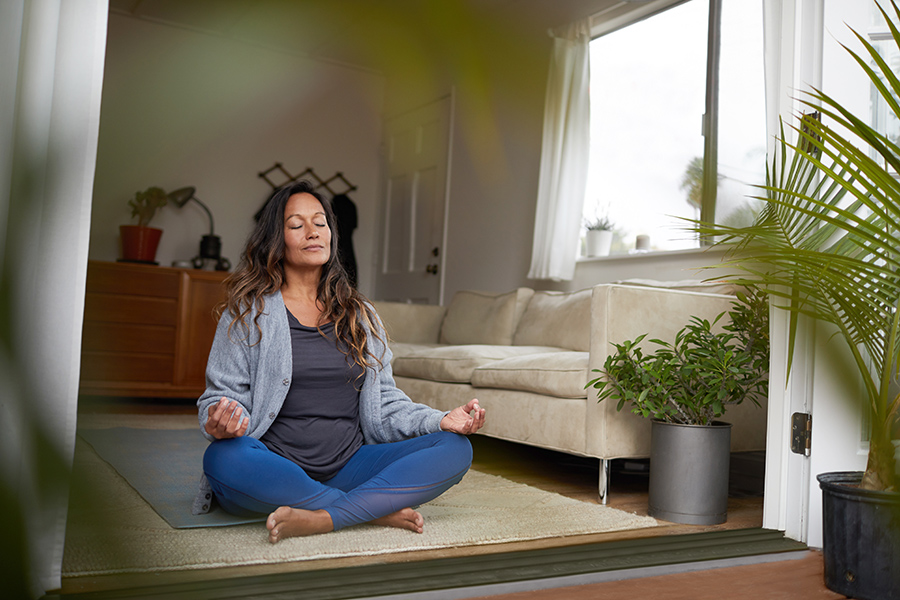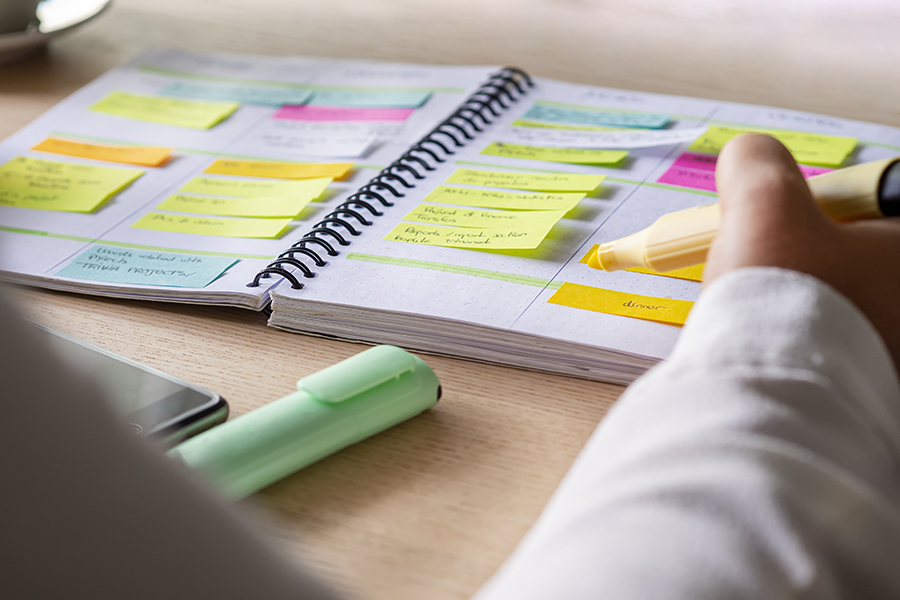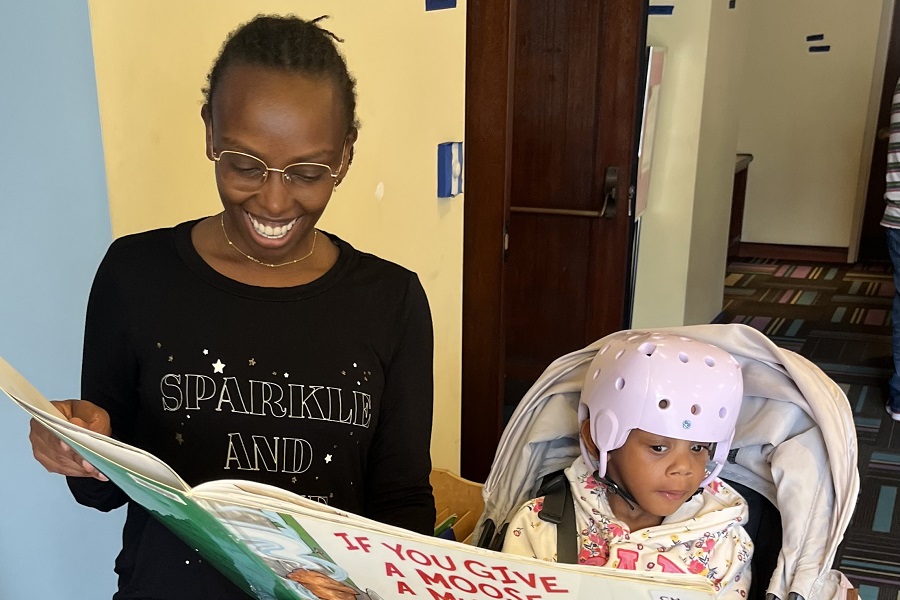I am not sure any of us could have predicted the challenges we have faced in 2020. The uncertainty this year has brought is uncomfortable to face. As a Licensed Professional Counselor, I often think of the COVID-19 pandemic as a collective trauma. I try to validate that this is a time of mourning the loss of our “normal,” pre-pandemic lives, learning to cope with rational anxieties, and adjusting to new ways of socializing, working, parenting and existing.
I wish I had a magic wand that could immediately reduce the stress my clients and everyone is facing, but the best I can do is offer a few coping mechanisms I have both personally and professionally used during COVID-19.
1. If possible, limit your time engaging in news and social media.
I am a big proponent of staying informed, but also see that it is easy to get sucked in to the rabbit hole that is social media and news consumption. I think it is important to be deliberate about what news you consume during a time of shared anxiety. I would suggest sticking to trusted sources, topics that are important to you, and set a time boundary for yourself.
2. Find ways to feel as “in control” as possible.
Living during a pandemic has certainly erased our sense of control over our own lives and experiences. There are many more unknowns we have to face every day. “Will I lose my job? Am I a COVID carrier? When will this be over? Will there be another mass hoarding of toilet paper and hand sanitizer?” Although we cannot control these issues, we can ask ourselves how we can feel more in control of our lives. These can be little things, like establishing your boundaries about who you do or don’t see, where you go, updating a resume, getting a COVID test, exercising, or rearranging furniture. The important piece is to help your brain see that there are still things you can control.
3. Acknowledge your stress.
It is amazing how useful talking to a trusted loved-one or writing a journal entry can be. Sometimes just speaking about a stressor relieves some stress. An added bonus may be validation or comradery that comes along with sharing your thoughts with someone else.
4. Try mindfulness.
If you’re having a difficult time stopping your thoughts from spiraling – or “changing the channel” – from feeling anxious to what is happening in the current moment, mindfulness can be a great tool. Mindfulness is all about focusing on the current moment and not judging yourself for thoughts or feelings that come up. We are meant to observe, describe, and participate in the current moment. Learn more HERE: https://www.dbtselfhelp.com/What_Skills.pdf. It is important to gently redirect yourself to be focused only on the task at hand (another term is “one-mindful”) and to be non-judgmental of yourself and others. If you are a beginner, I highly recommend the Headspace App. https://www.headspace.com/.
5. Create positive experiences.
Lastly, it’s easy to feel our lives are on hold. So many of the ways we spend our leisure time are no longer available. Brainstorming ways to create positive experiences to fulfill our social needs, hobbies, and desire for fun can help give us things to look forward to during a time where the days can sometimes feel monotonous.
We would love to hear any tips you have to help cope with living through this pandemic! Please feel free to comment below and let us know what you have been doing to cope during this scary time.
























Since I limit my grocery trips to once a week I’ve learned to work with what I have. I cleaned out my panty and made it my goal to use up everything that was hiding in the back! It helps me feel more organized and at the same time I’m using up items that would have otherwise expired.